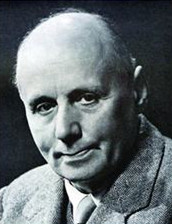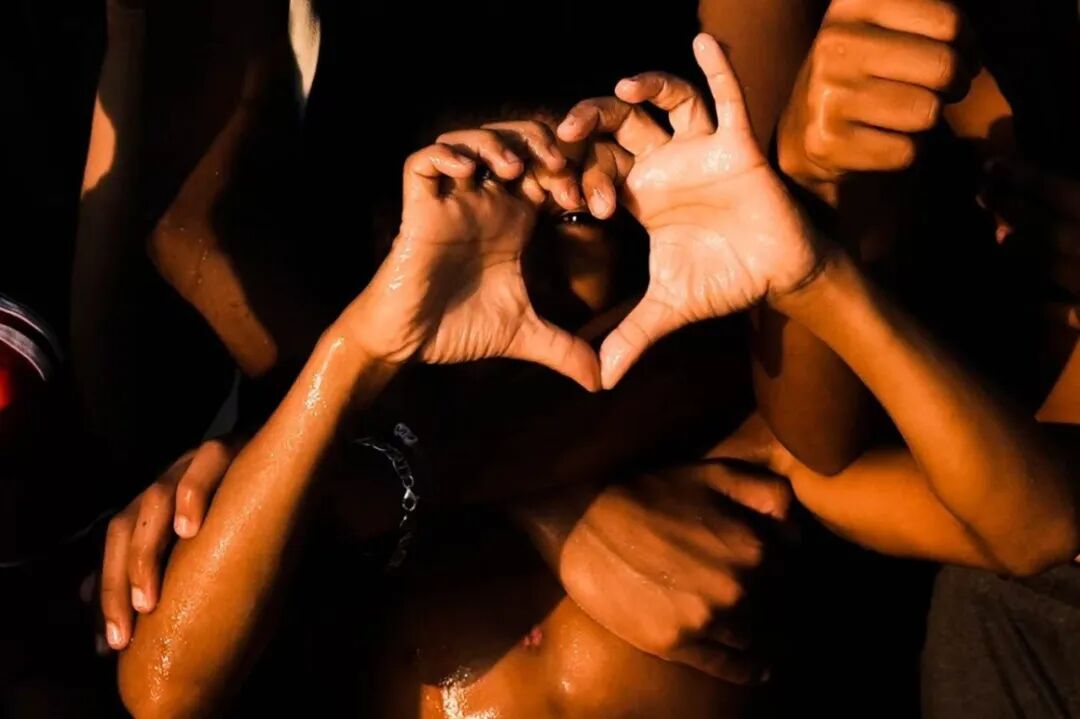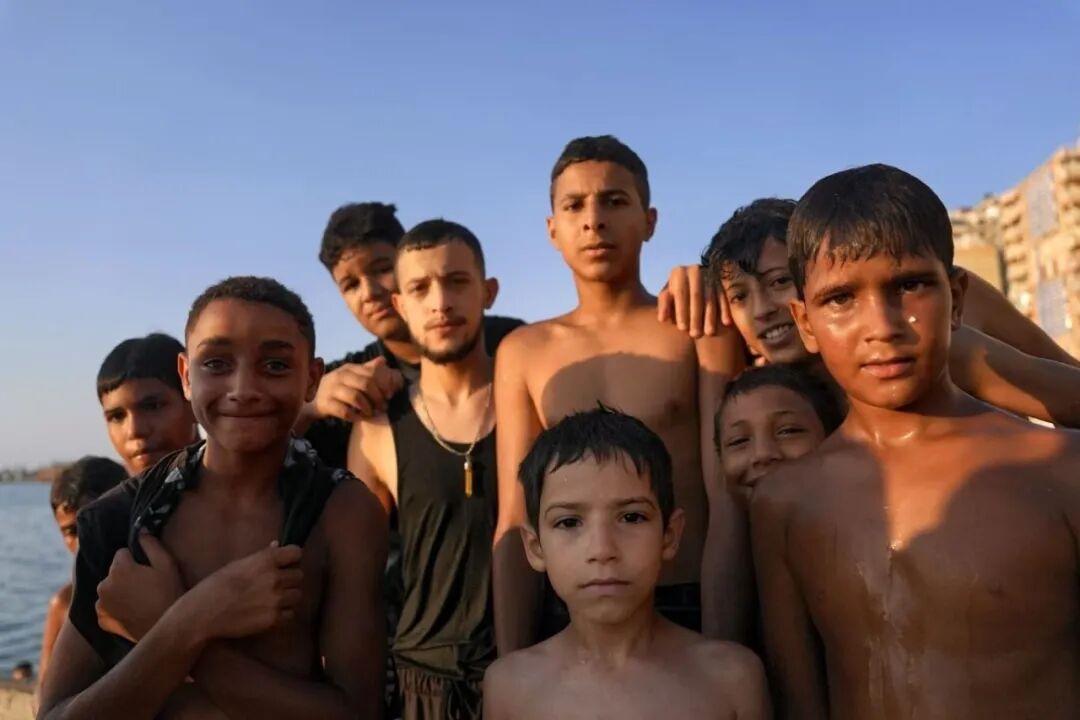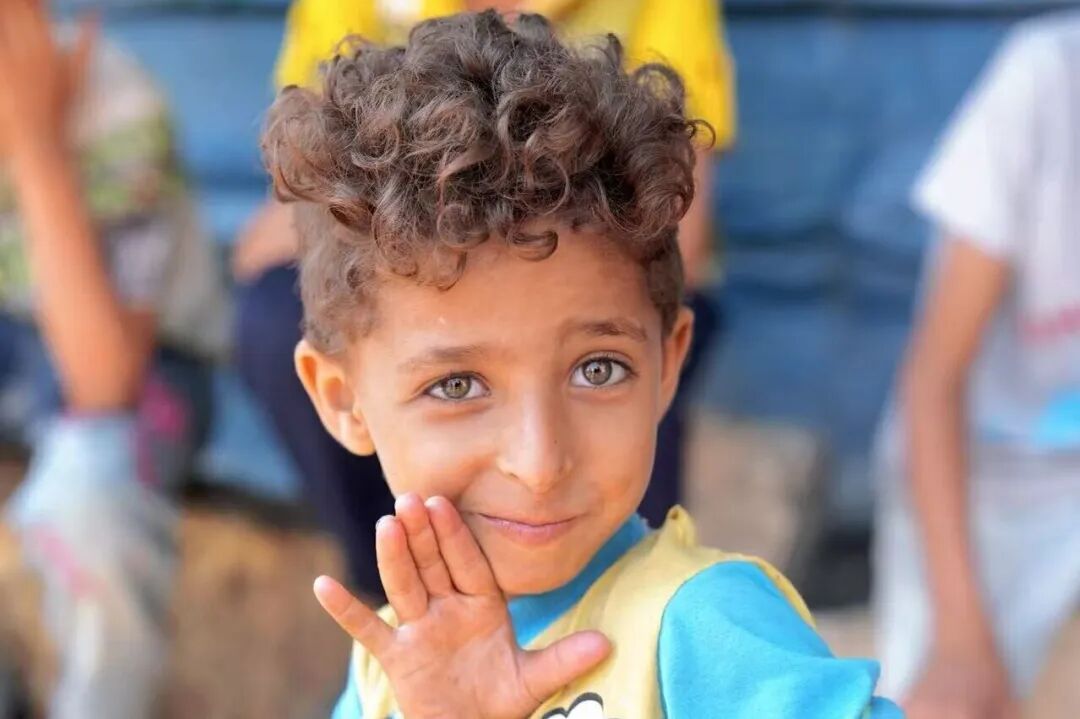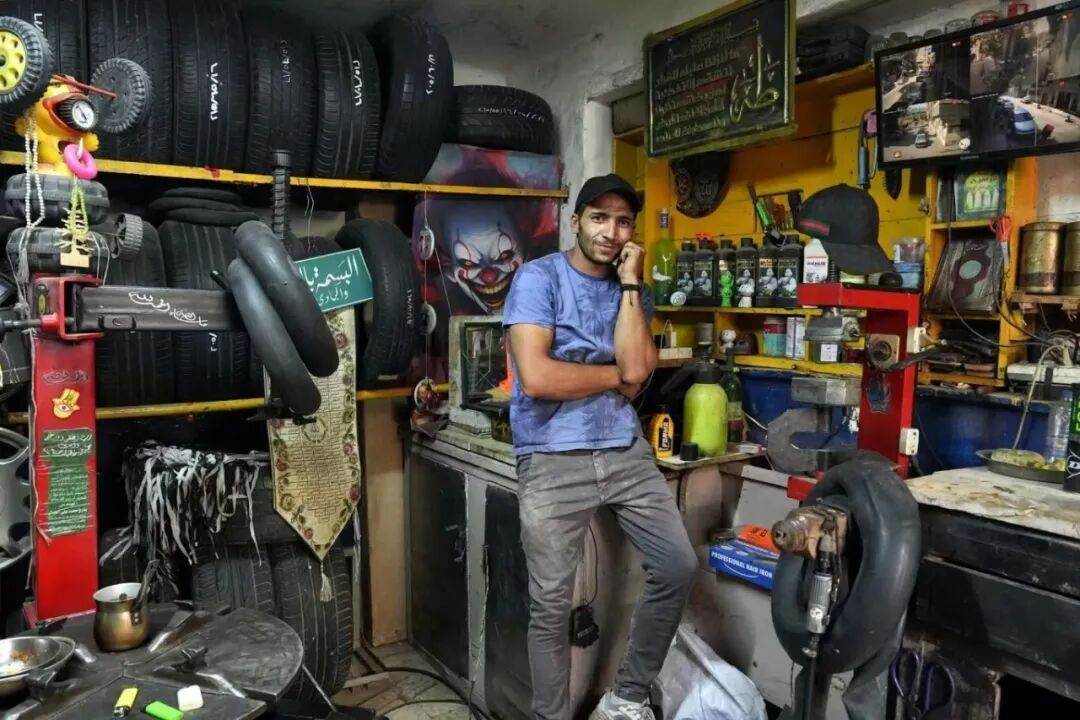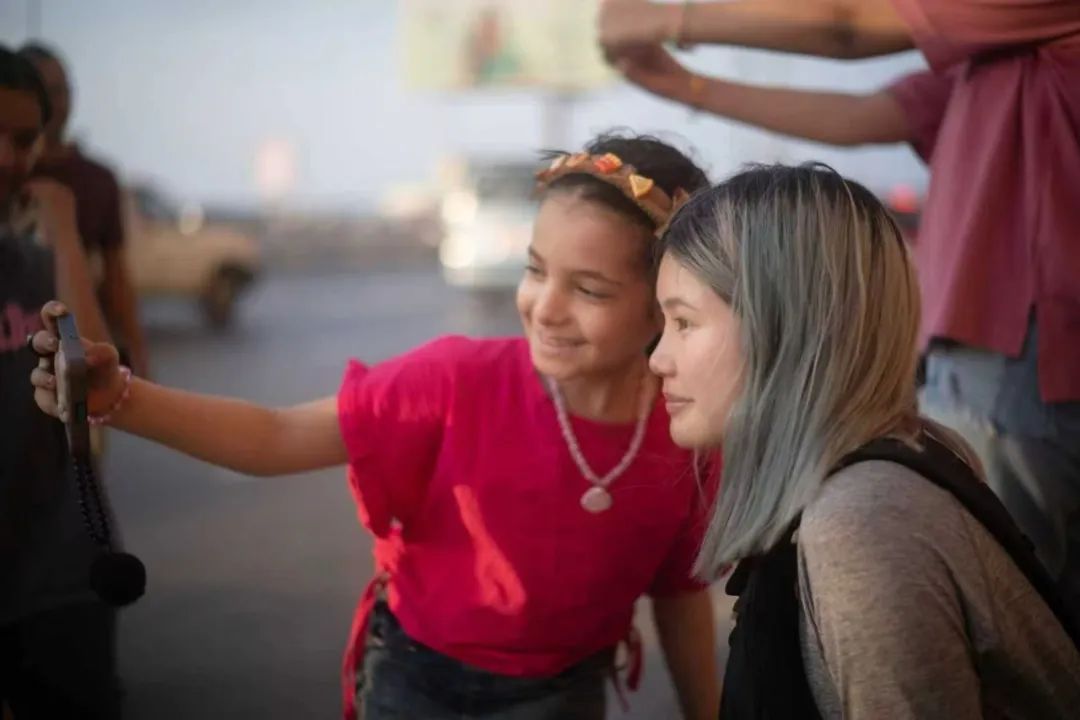From Campus to the World: Meeting Through the Lens
Issue date:2025-08-29
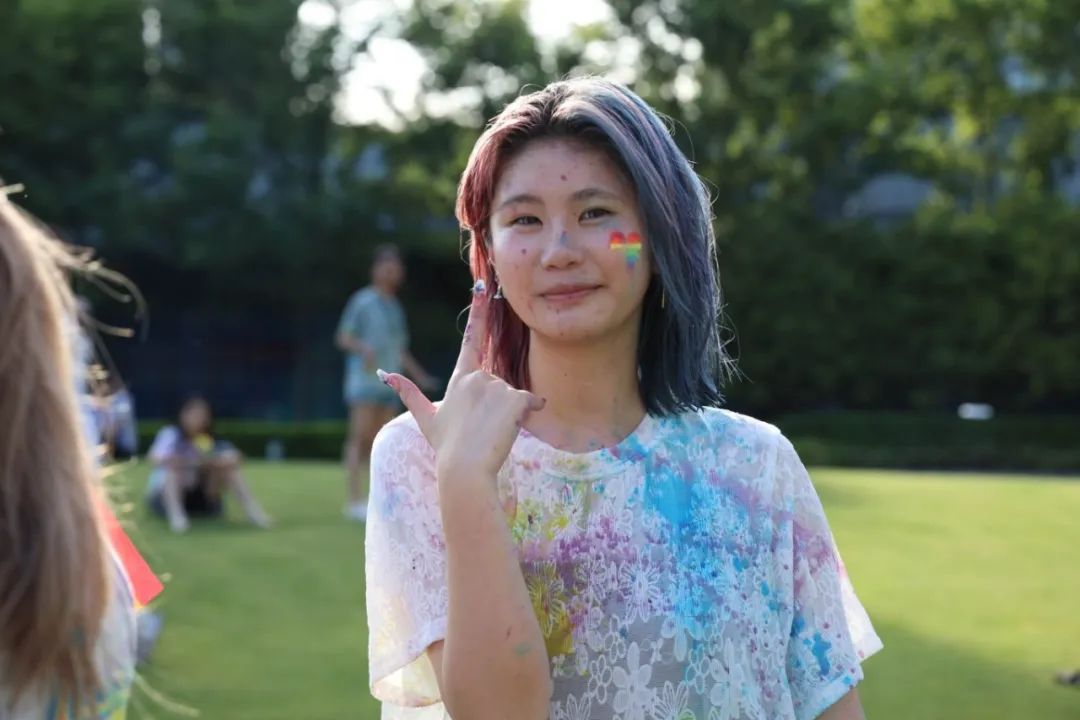
Over the past three years at UWC Changshu China, a familiar figure could always be seen moving between events big and small. With camera in hand, she captured moments of joy, organized community members for fun video shoots, and recorded every bit of the campus's beauty through her lens.
She is Annie Xie, Class of 2025, who has now embarked on her university journey. Since childhood, a love for photography has shaped her vision. At UWC Changshu, that passion grew into a deeper pursuit: visual storytelling, the art of film, and ultimately, the conviction to major in film in college.
Her connection with UWC reached far beyond campus—it traveled with her across the world. As a “UWCer,” she found warmth and familiarity in unfamiliar places, meeting alumni in Nepal and Egypt who became her guides, companions, and bridges into local life. Now, in her own words, Annie shares her journey.

My First Taste of Being a “Global Citizen”
Last summer, while traveling in Nepal, I posted a photo from the airport on Instagram and immediately received a “Welcome!” message from my Nepali classmate Badal—we had grown close during our DP1 Project Week.
Another Nepali student, Sabhya, a grade below me, offered to be my guide and even suggested we go trekking together in Pokhara next time.
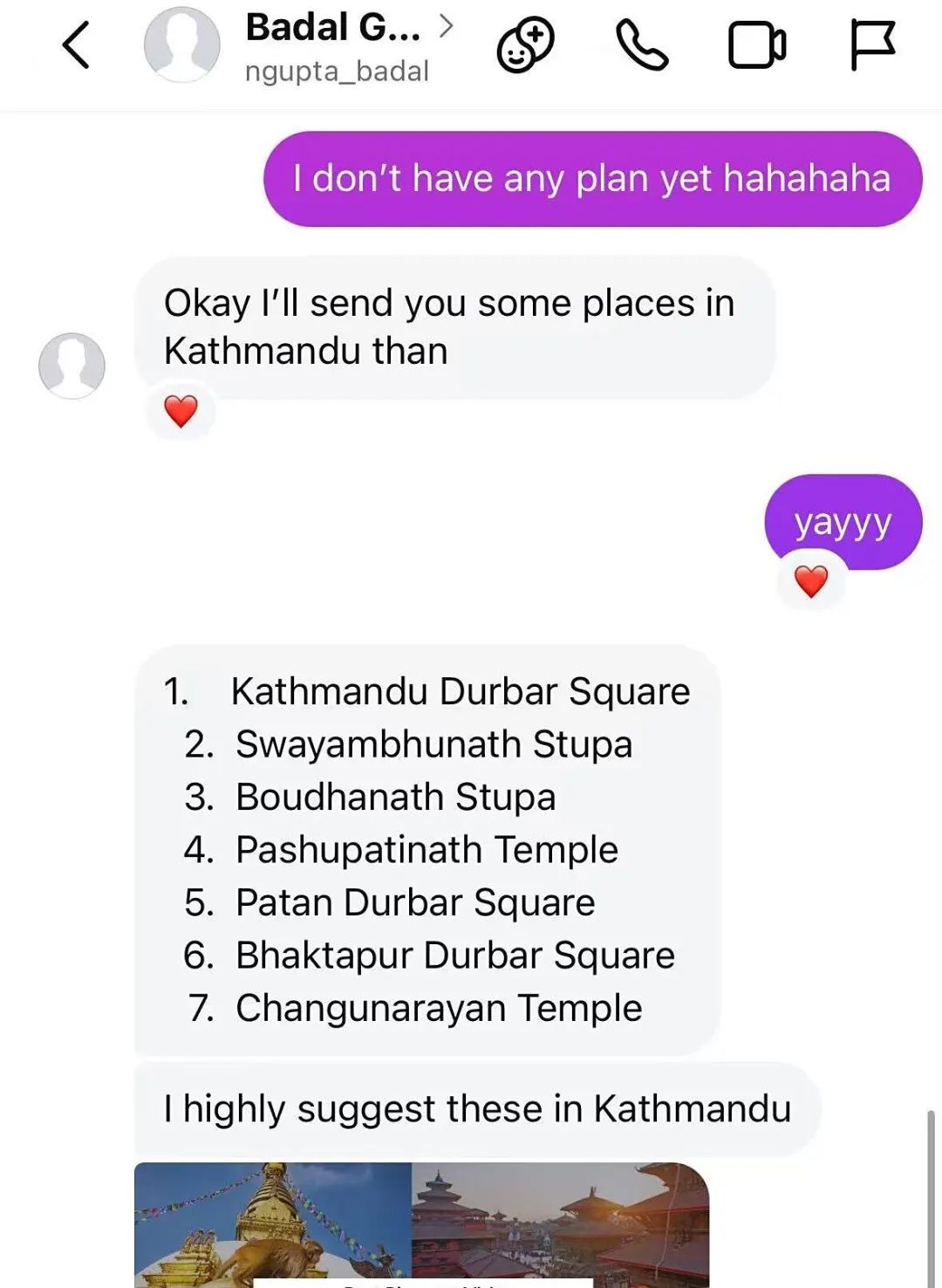
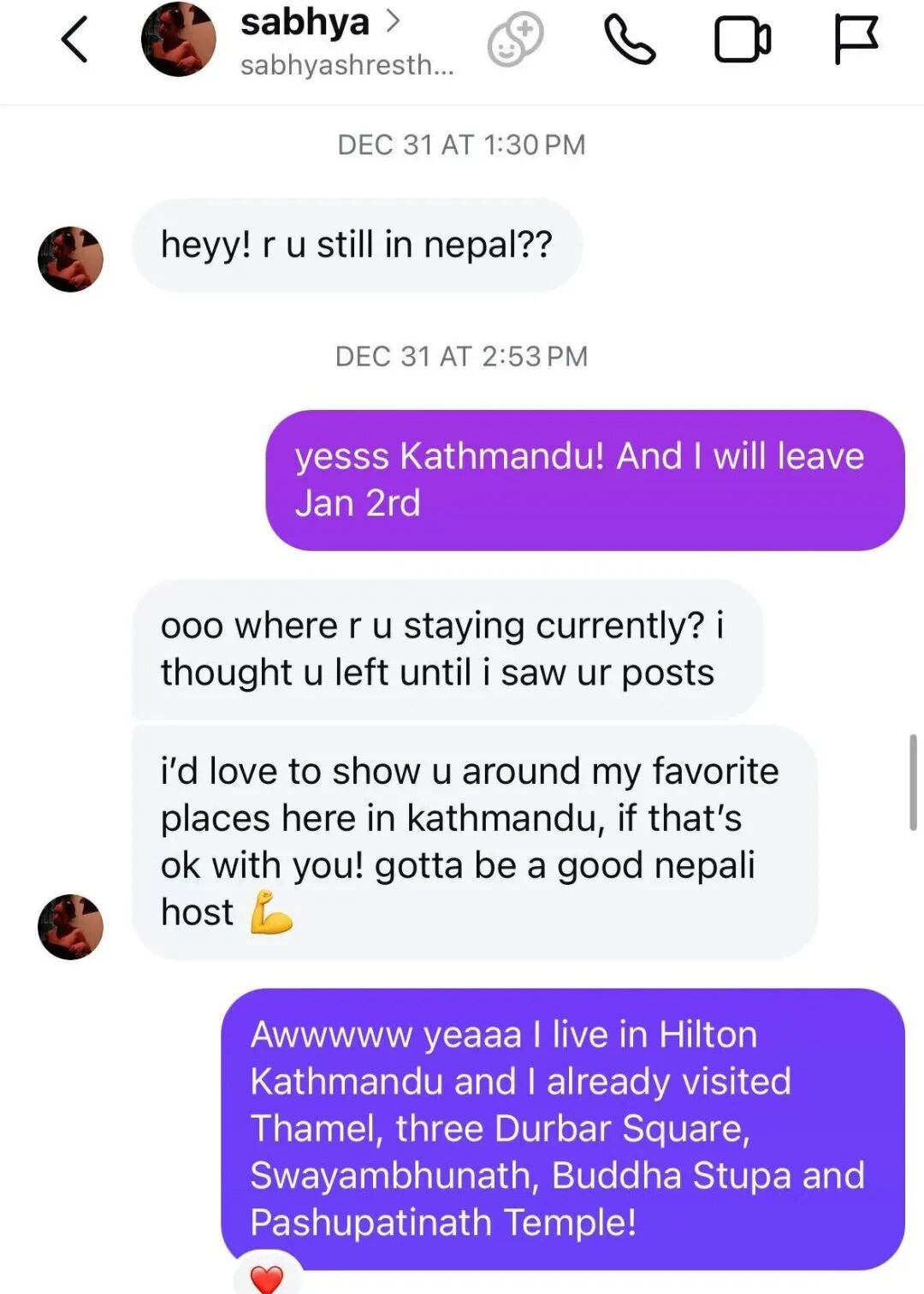
▲Screenshots of chats with Badal and Sabhya
Before graduation, I wrote on Instagram: “try to max out my human interaction stats before real life hits.” The post drew comments from many classmates and alumni.
Among them was Razan, who was about to begin DP1 at UWC Changshu. She wrote to me: “Though we can’t meet on campus,” she still hoped I could share some advice about school life.
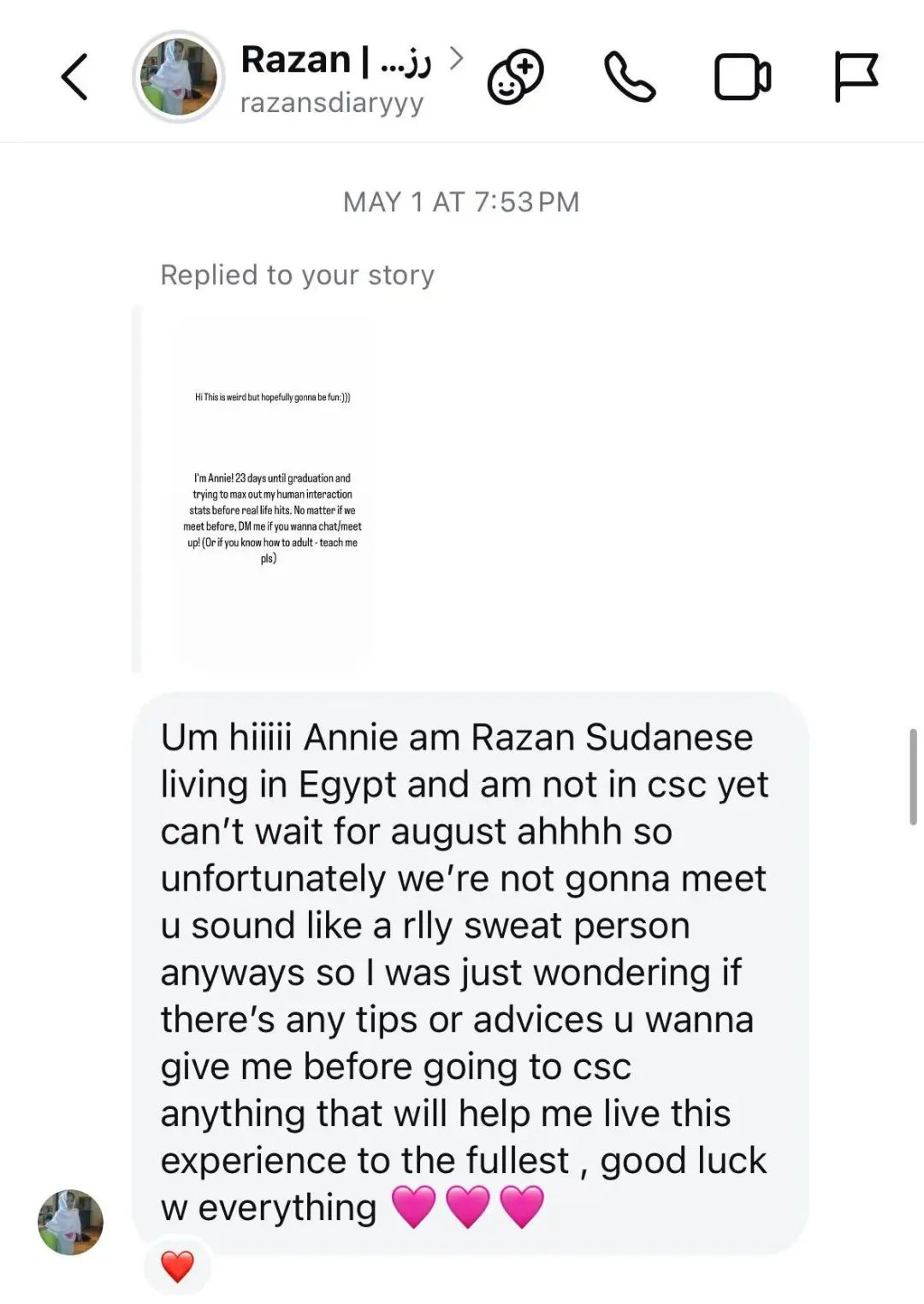
▲Screenshot of chat with Razan
This summer, I traveled to Egypt with a group of photographers.
In Cairo, Malak, a DP1 student, learned that I was there and immediately messaged me: “If you need anything, let me know!!” Not only did she help me connect with models, but she also recommended many local hidden gems.
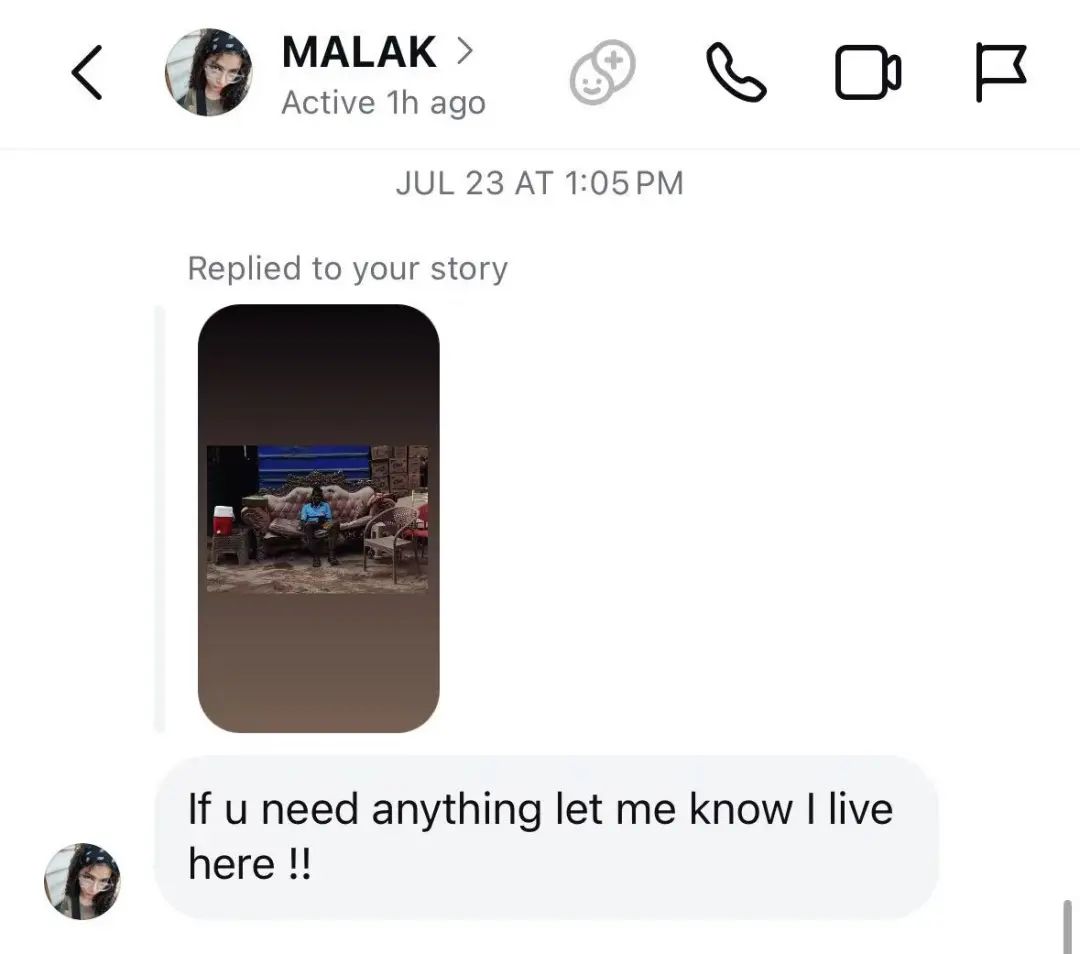
▲Screenshot of chat with Malak
In Alexandria, Razan suddenly reached out—and we finally met. We walked along the Mediterranean, taking photos, and even went to a circus that fell straight out of my imagination: dwarves, unicycles, tightrope walkers, magic tricks, and children cheering enthusiastically.
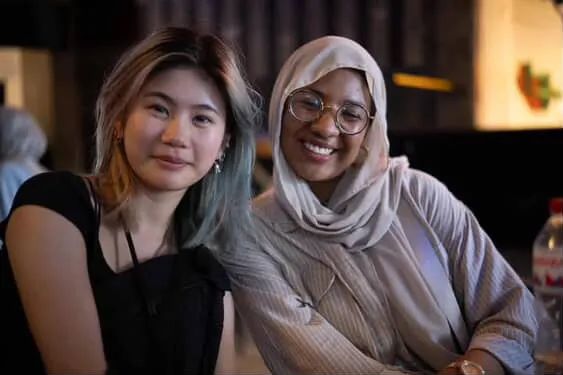 ▲With Razan
▲With Razan
During those days, I learned to ask people on the street in Egyptian Arabic: “Can I take a picture of you?”—and even though my rolled R’s weren’t perfect, they smiled and agreed. I invited them to pose as they wished, merging their authenticity with my vision. I returned with a handful of warm and memorable images.
▲Street photos taken in Egypt
Razan is from Sudan and had to move to Egypt due to the war. She told me stories about her homeland and her faith, and shared the challenges of choosing courses: because it is difficult for Sudanese students to apply to American universities, she had to focus on science and engineering, tough subjects favored by UK universities. She said that coming to CSC was her first journey away from home, and that we were the first Chinese people she met.
These encounters capture the essence of what UWC offers—becoming a “global citizen”: in any unfamiliar city, simply being a “UWCer” can bring connection, support, and companionship. This human network not only makes traveling easier but also inspires me to go further—not just checking off tourist spots, but wandering through narrow alleys, switching off navigation, and following locals into their everyday lives.
At the entrance of the Shaolin Temple, I set up a temporary photo booth to capture passersby; in Kyoto, I stepped into a hidden bar run by a photography professor from Doshisha University and listened to him talk about the artistic value of archival photography; at the Ganzi Buddhist Academy, I sat next to monks during meals and was able to enter that mysterious space. Gradually, I learned to feel, understand, and respect different rhythms of life—and to allow myself to become part of these stories.
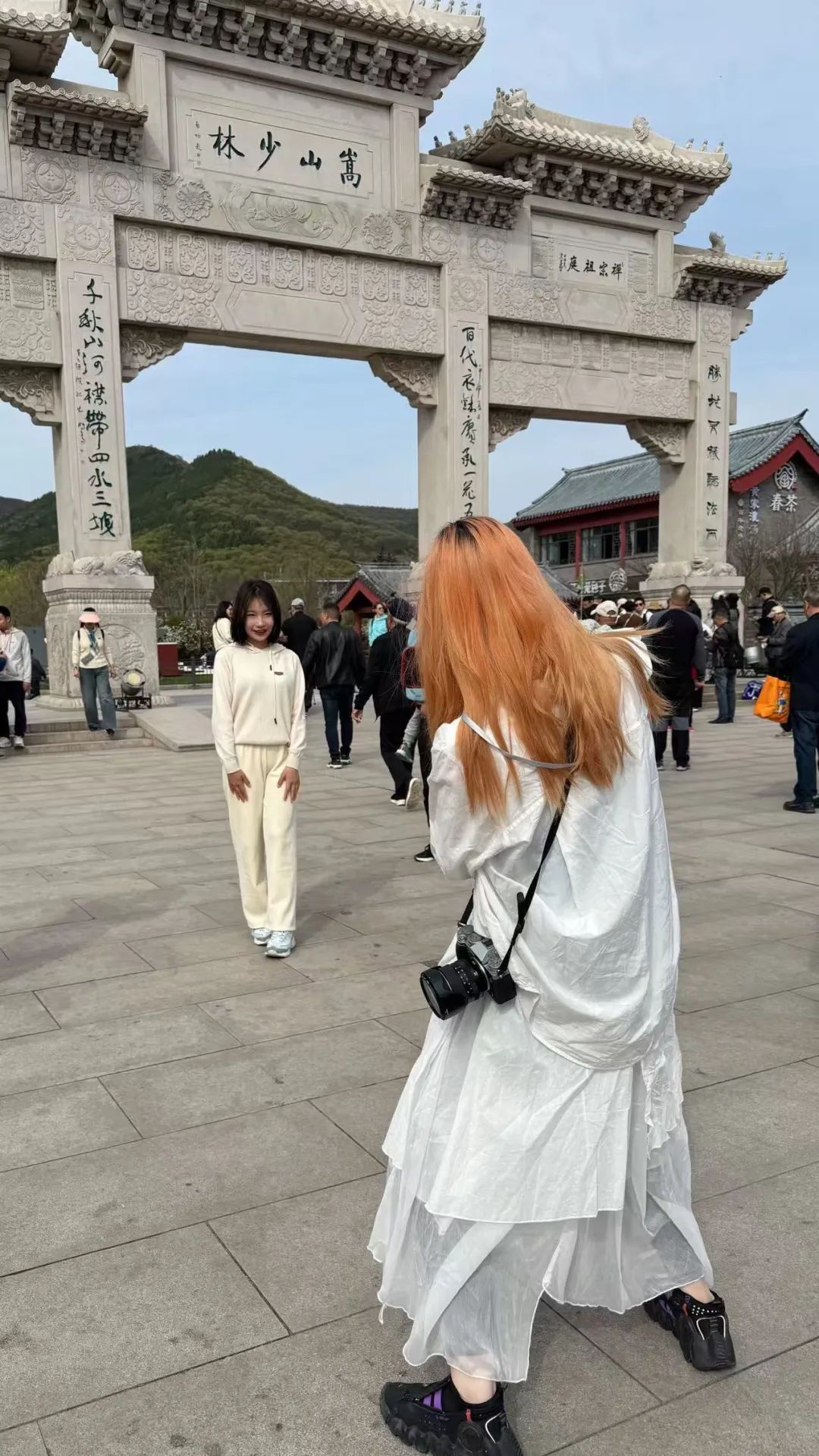
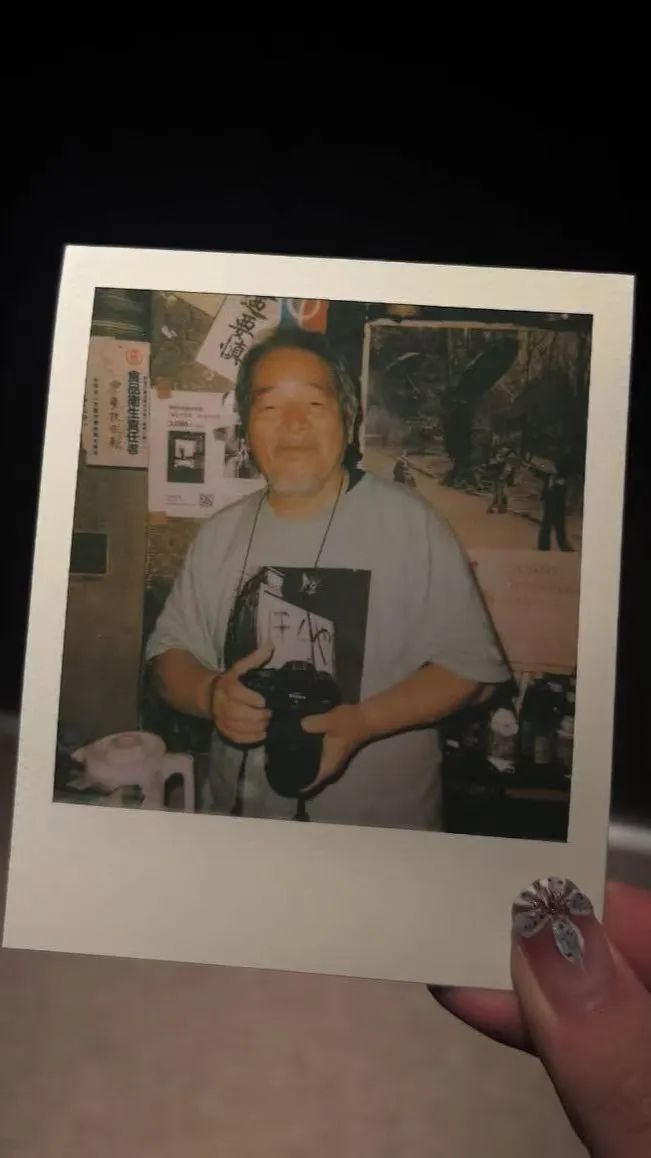
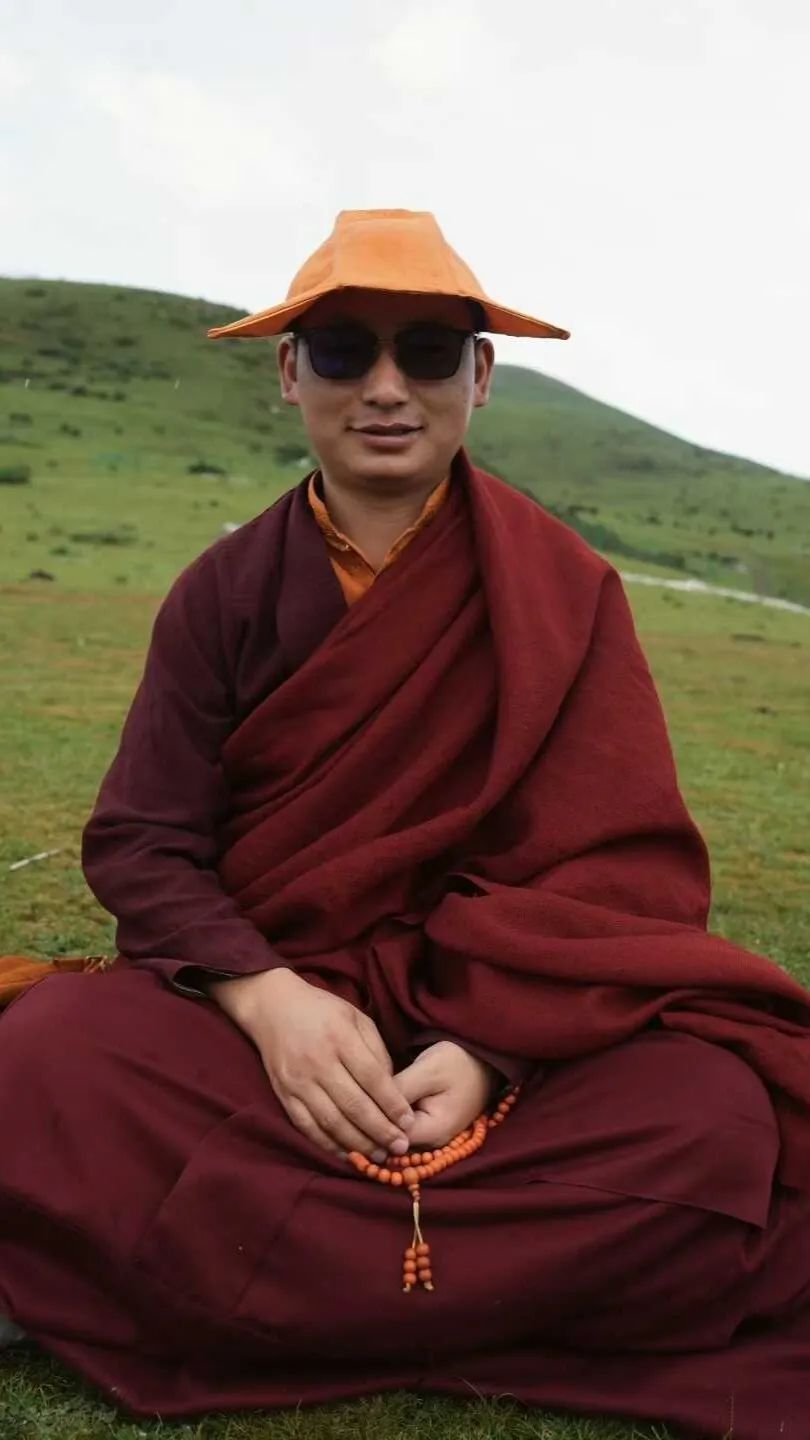
▲Me photographing at Shaolin Temple / A Polaroid of a fellow photographer /
A portrait of a monk

“UWC Is Made of People”
It’s a line I say often—and it even became the opening quote of my Yearbook. It might sound obvious—isn’t every school made of people?
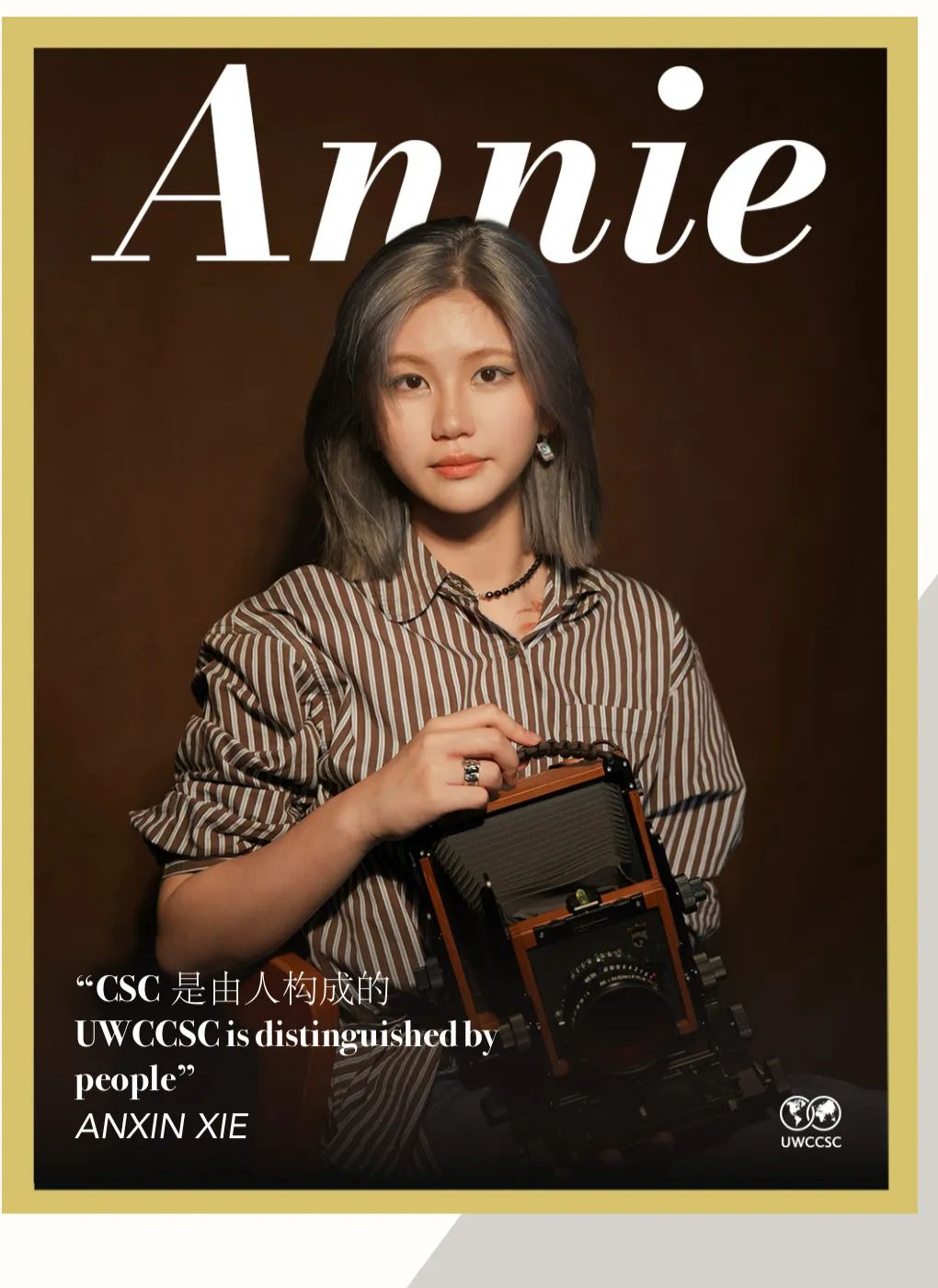
▲My yearbook portrait
But what makes UWC special is the people themselves: they arrive here with different backgrounds and stories, yet they light each other up within the same campus. It is because of them that a conversation can cross borders, that a single encounter can shift your perspectives.
We have learnt to find understanding within difference, to build belonging within the unfamiliar, and to see a broader, more complex—yet equally possibility-filled—world.
▲The LIPDUB video I produced
On the UWC Changshu campus, a class might casually unfold on the lawn; in the dining hall, you might hear friends sharing funny stories about festivals in their home countries; some nights, you’ll find students sitting in circles in common rooms or around long tables, talking about everything from global issues to personal struggles and dreams for the future.
Behind these conversations are vastly different life trajectories: some had escaped war and are rebuilding lives in unfamiliar surroundings; some are determined to become engineers and improve their families’ situations; some choose literature and art, hoping to change how society thinks through creativity. These diverse backgrounds converge on campus, colliding to spark genuine, deep reflection.
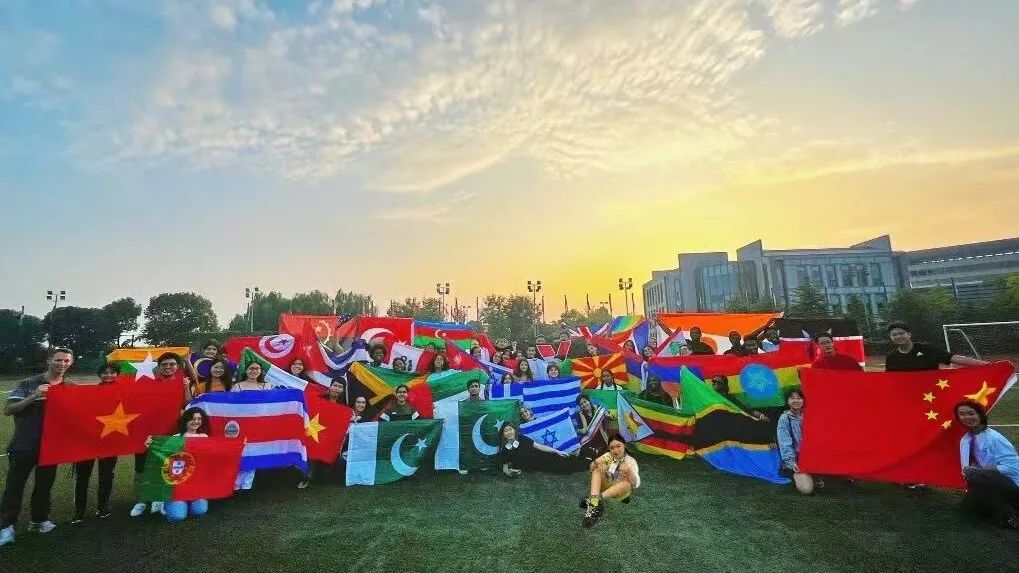
▲Group photo from the 2023 UWC Day video I produced
These experiences gradually became part of my creative work, serving as crucial material for constructing scripts and writing character biographies. UWC nurtured in me a habit: a desire to listen and to understand. Whether it’s classmates, teachers, or strangers I meet while traveling, I am willing to step into their stories and try to see the world from another perspective.
It is these human connections that allow me to find a sense of belonging amid differences and to witness a world that is broader, more complex, yet equally full of possibilities.
▲The RICKROLL video I produced

Photography and Film: Expanding My Passion at UWC
I got my first camera when I was six.
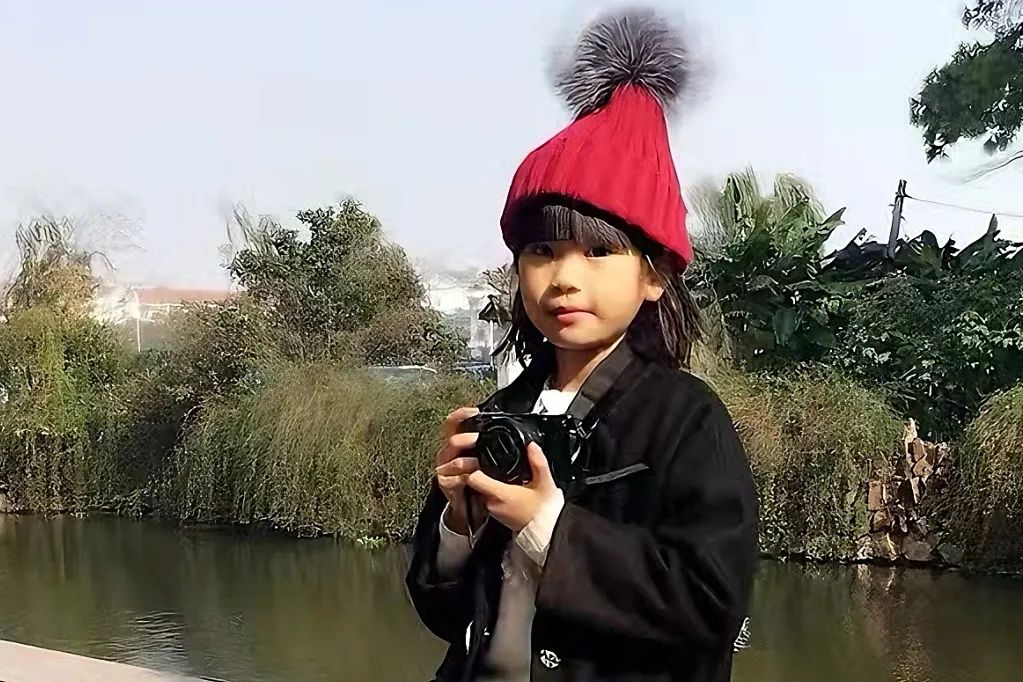
Before coming to UWC Changshu, photography was a hobby—a way to document life and observe the world. At UWC, however, this hobby was amplified infinitely. The school’s courses and activities allowed me not only to improve technically but also to turn observation into expression.
From the first day of FP, I got into the habit of carrying my camera everywhere. I took part in almost every campus event: Halloween photo booths, the Campus Olympics, Chinese Cultural Evening, One World Concert, and more. These events became my training ground for exploring the world of imagery.
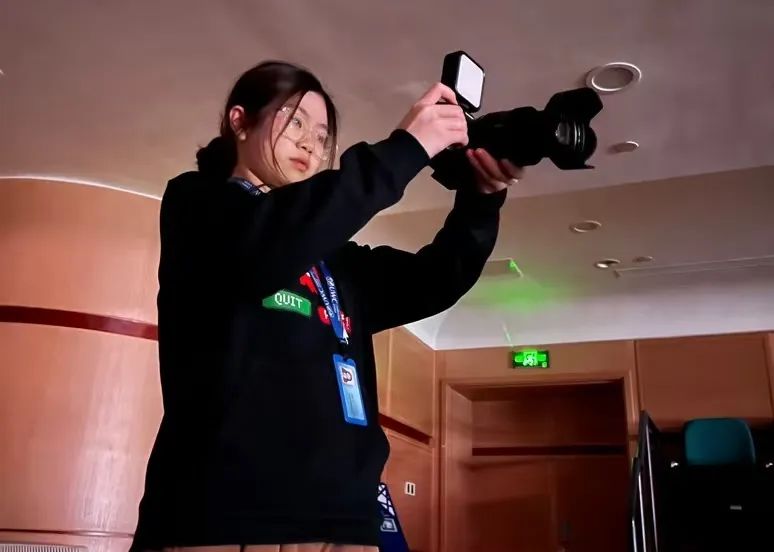
Photography also became my way of dealing with stress. The IB curriculum is intense, and adapting to a new culture was an even bigger challenge—before UWC, as a student in Suzhou’s public school system, I knew very little about foreign pop culture, wasn’t used to small talk, and often struggled to find common topics with students from different backgrounds.
My camera helped me find my rhythm and confidence: people would start conversations about my work, and I could use the lens to open a dialogue.
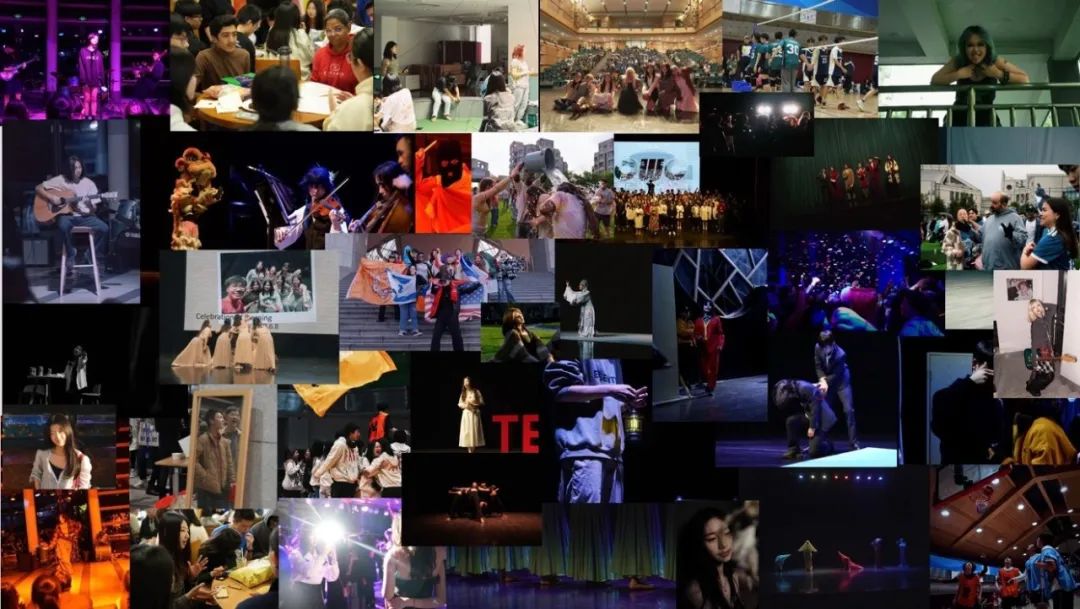
▲Campus moments that I captured
No matter how busy my studies were, I always made time to walk around campus with my camera or ride shared bikes through alleys looking for good food. The moment I pressed the shutter, life was no longer a checklist of tasks—it became a series of moments worth capturing.
Eventually, though, I began to feel that my street photography was only capturing what was in front of me, without truly expressing myself. That sense of “something missing” became the starting point of my journey into film.
I began exploring artistic and documentary photography, embedding my own perspective and stance into my work.
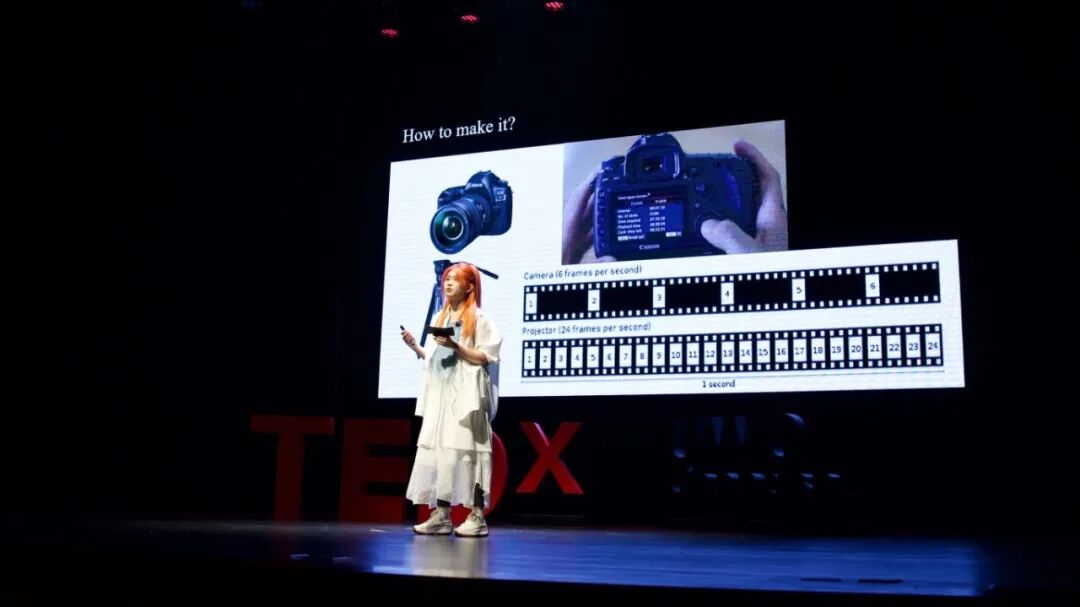
▲Speaking about photography at a 2024 TEDx event at CSC
The IB Film course at UWC Changshu gave me both a theoretical foundation and creative freedom. Bligh, my teacher in FP and DP1 (who also taught Philosophy and History), often approached film from a theoretical angle. When explaining the “Kuleshov Effect,” he turned off the lights and projected an 80s Russian black-and-white silent film. The class watched quietly as the same actor’s face was cut into different scenes—the same expression took on completely different meanings based on context. Then he had us try filming ourselves, exploring the immense narrative possibilities behind the camera.
Louis and Jay’s practical classes had a completely different style—they encouraged us to pick up a camera and try. It didn’t have to be perfect; what mattered was daring to experiment and tell stories. It was in this atmosphere that I gradually learned to combine technique and intuition, making imagery a medium for my own voice.
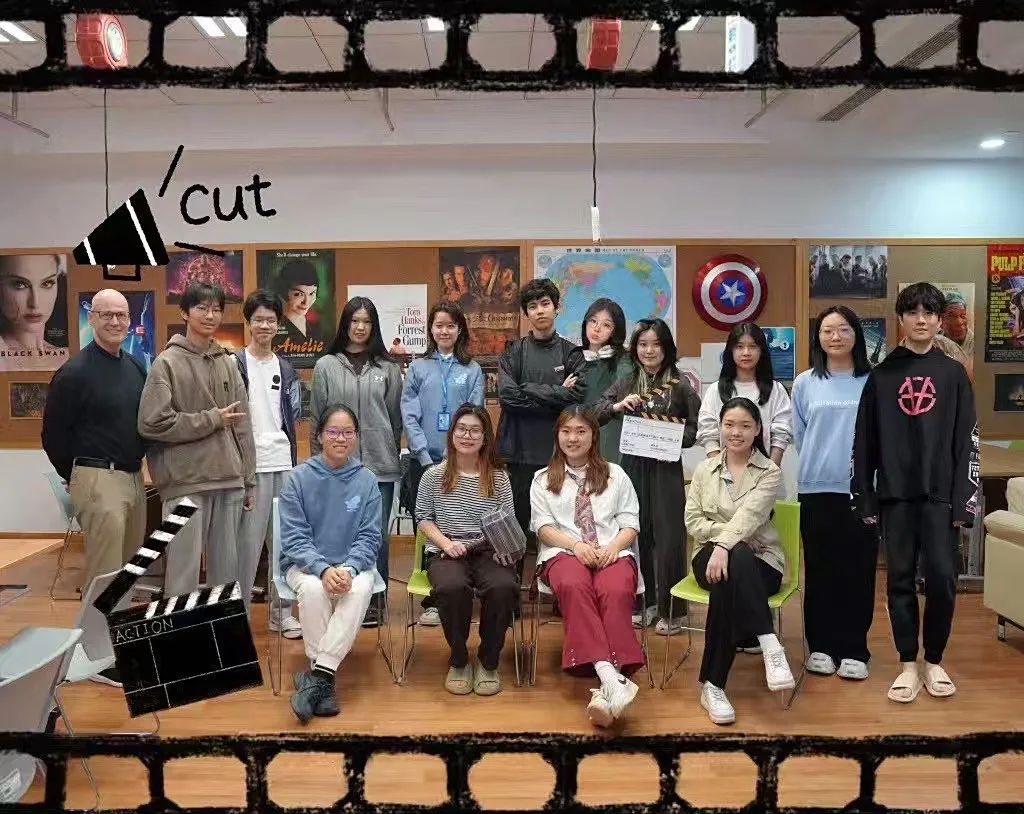
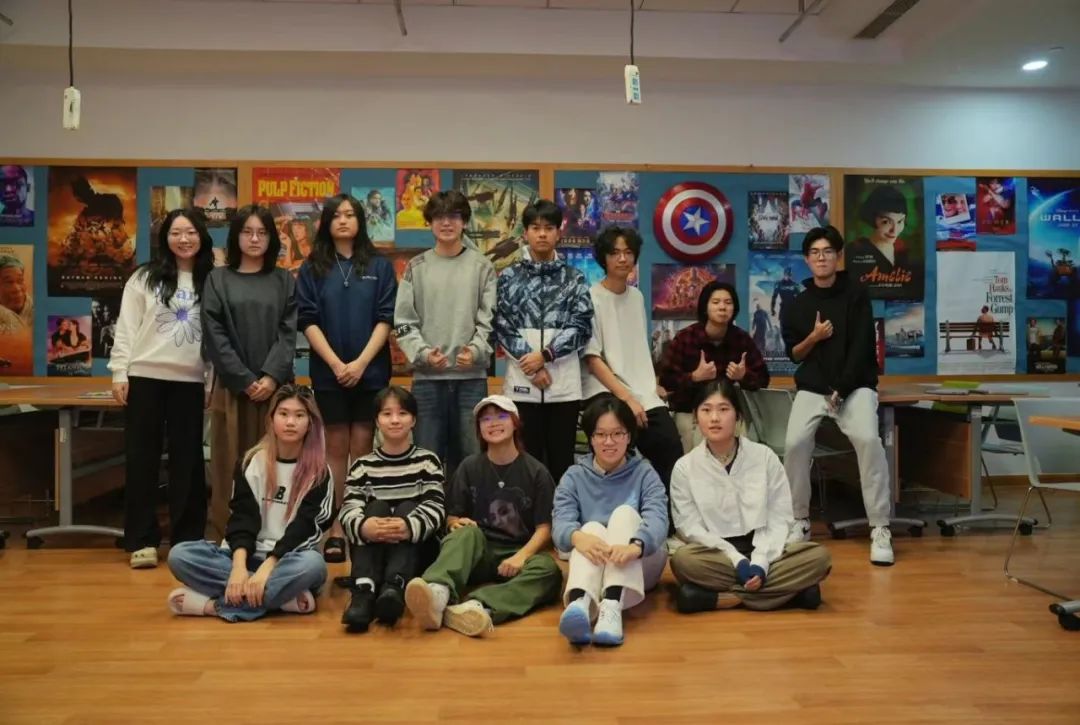
▲Slate Film 知行成员合照
Outside the classroom, I founded two “action-oriented” Zhi Xing clubs: Slate Film and Lens Photography. The first focused on short film production—we organized a 24-hour film challenge and built a Discord platform connecting filmmakers across UWC schools worldwide (Please join if you are interested in making films! See you there!).
The second was an open photography club where we shared techniques, showcased work, and documented campus life—from digital photography to film. Through these clubs, I not only improved my skills but also met many like-minded friends.
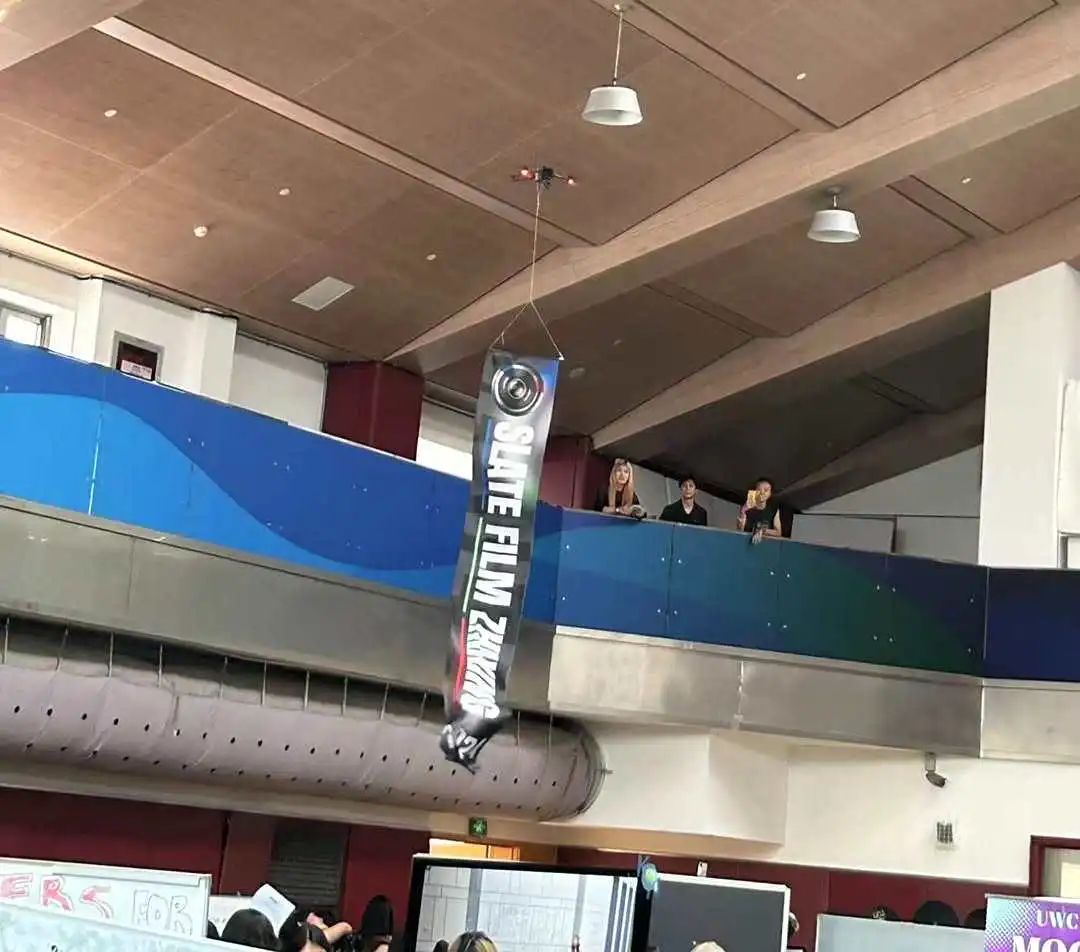
▲Slate Film's tradition of flying drones at the annual Zhi Xing Fair
My journey in photography and film has evolved from a hobby into a form of expression and a lens for understanding the world. It was my gateway to belonging on campus and my teacher in capturing life’s small human moments. It has become a part of my identity.

Moving Forward Among People and Images
Now in retrospect, what UWC offered was not just knowledge and skills, but a way of meeting people, understanding differences, and feeling the world. Every conversation, every creation, every trip—each was like a beam of light quietly shining into my life, reminding me that real learning doesn’t only happen in class, but is hidden in the small, human moments of connection.
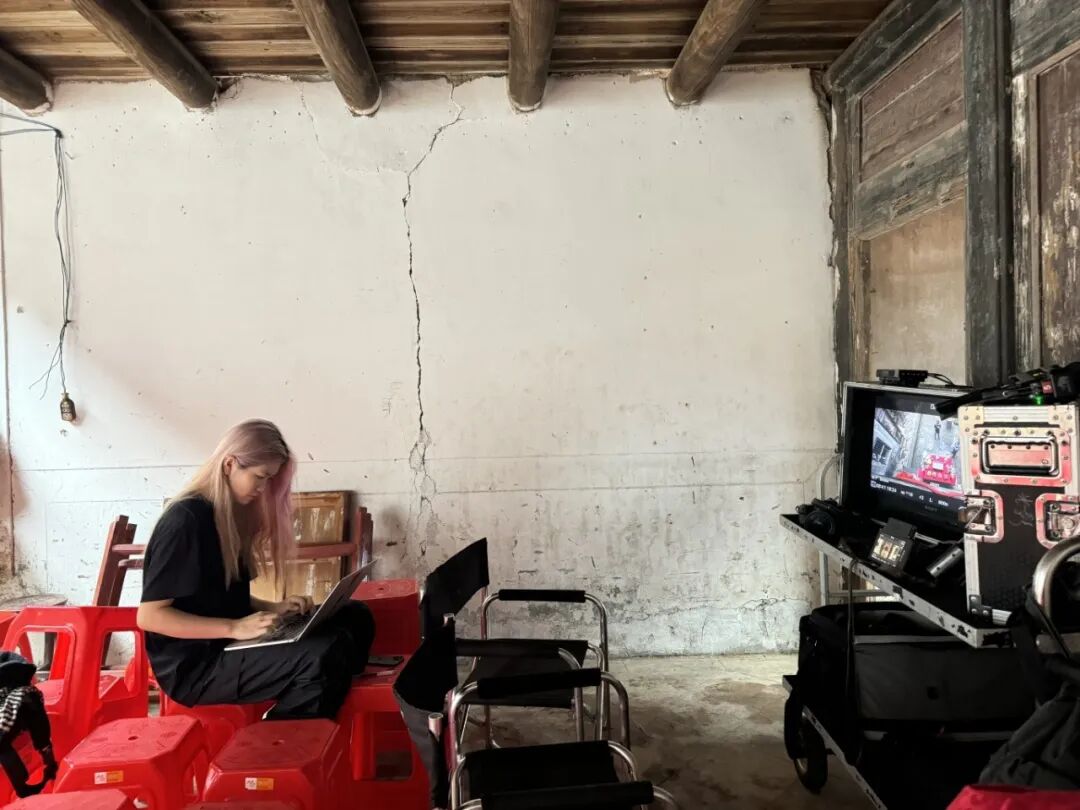
Photography and film have become my way of continuing these connections. Every time I press the shutter, I’m not just capturing a moment—I'm leaving a piece of warmth and story in the world, while also holding it close to my heart.
The smiles through the lens, the chance encounters on street corners, the generous responses of strangers—they are invisible threads tying me closely to the world. And that’s also why I chose to study film in university: I hope to carry this connection further.
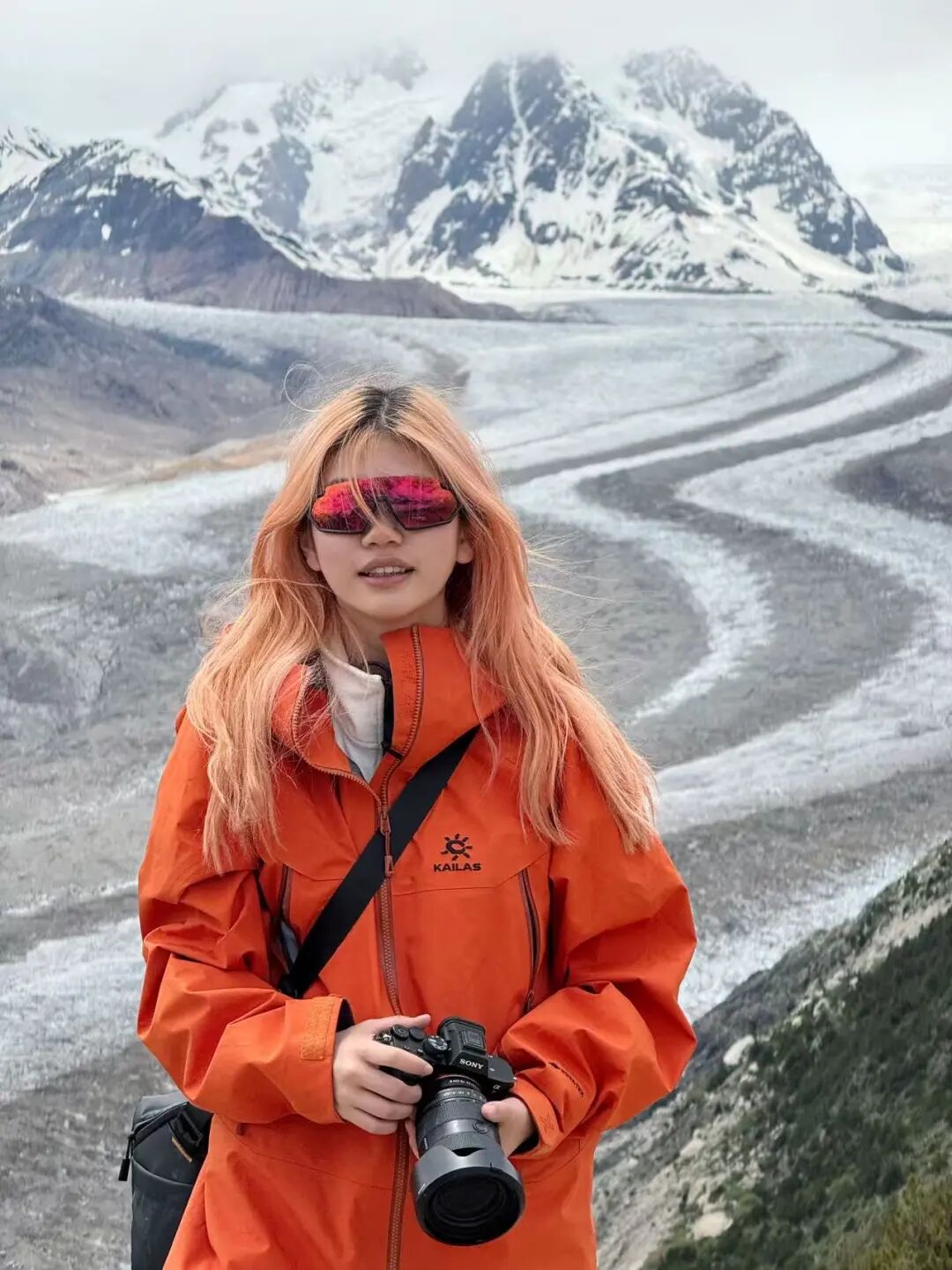
Let’s go—let us go to further places and keep doing what we love. The world is big, the road long. But the human connections I nurtured at UWC will keep growing.
“UWC is made of people.” It’s precisely these people who have pieced together the most exciting chapters of my life. Someday, we will meet again through the lens—by then, the stories will be more vivid than ever.
-End-
Article by Annie Xie, Class of 2025 UWC Changshu China. The cover image was taken by Amanda Wang.







